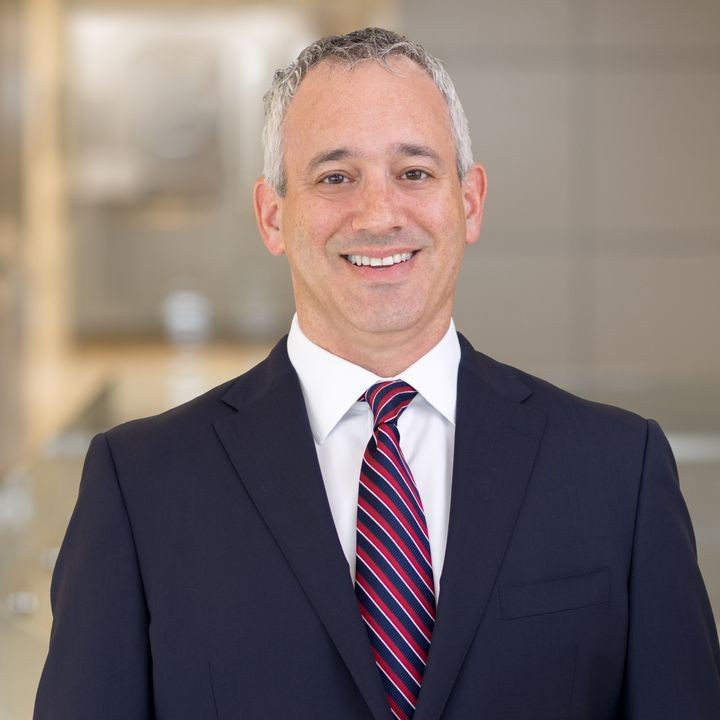Unqualified Expert Witness Causes DOJ to Dismiss FCA Case
Client Alert | 3 min read | 11.17.17
DOJ has announced that it will move to dismiss its complaint in U.S. ex rel. Ribik v. HCR ManorCare, Inc. after the court excluded DOJ’s proposed medical necessity expert witness, finding the witness was neither qualified to opine on the medical necessity or reasonableness of rehabilitation services nor credible. The defendant, ManorCare, operates skilled nursing facilities (SNFs) in 30 states. DOJ alleged that ManorCare billed Medicare for rehabilitation services that were not medically reasonable and necessary.
DOJ made the announcement that it would move to dismiss the case after the court found that DOJ’s proposed expert witness was not qualified to testify regarding medical necessity or reasonableness. DOJ intended to offer the expert opinion of a doctor of physical therapy to prove that services provided by ManorCare were not medically reasonable and necessary. ManorCare moved to exclude the expert’s opinions regarding the provision of occupational and speech therapy, arguing she was not qualified to render clinical opinions on the reasonableness and necessity of rehabilitative services. According to ManorCare, DOJ’s expert was “not qualified to offer clinical decisions in this FCA case because she is not a practicing physician of any kind, has never practiced in a SNF under the current [prospective payment system], and her opinions could never be final under the Medicare appeals system.” ManorCare also challenged DOJ’s expert’s status as an expert on “medical review” due to her lack of certification or work experience in the medical review field and argued that her opinions were not reliable due to her failure to follow any recognized standard over the course of her review.
The court granted ManorCare’s motion to exclude DOJ’s medical necessity expert witness’ testimony finding DOJ’s proposed expert witness “simply not qualified” to serve as an expert. According to the court, the expert did “not have the expertise to testify as to the reasonableness and necessity of the medical treatment the patients received . . . [because] she [was] not a medical doctor, an occupational therapist, nor a speech language pathologist and she did not personally examine any of the ManorCare patients.” The court also excluded the government’s extrapolation witnesses whose opinions were based on evidence provided by the medical necessity expert witness.
Five days before the Daubert hearing on DOJ’s medical necessity expert witness, DOJ produced 131 pages of notes taken by the expert witness while she was reviewing patient files. That file review formed the basis for the expert witness’ conclusions regarding the medical necessity and reasonableness of the rehabilitation services ManorCare billed to Medicare. Throughout discovery, ManorCare repeatedly requested all of the expert witness’ notes, including asking the expert witness several times during her deposition whether she had created any notes during her review. She answered that she had not.
In response to this late production, ManorCare filed a motion for sanctions against DOJ. Shortly thereafter, before the District Court excluded the expert witness based on her lack of qualifications,the Magistrate Judge granted ManorCare’s motion for sanctions, striking DOJ’s expert report and ordering that DOJ’s expert witness not be allowed to testify “because of her utter lack of credibility.”
Following these rulings, DOJ announced it would dismiss its complaint with prejudice. DOJ intervened in the case in 2014 after three ManorCare employees filed separate qui tam actions in 2009, 2011, and 2014.
U.S. ex rel. Ribik v. HCR ManorCare, Inc. joins the growing ranks of failed “medical necessity” FCA cases—see e.g., U.S. ex rel. Polukoff v. St. Mark’s Hosp., No. 16-304, 2017 WL 237615 (D. Utah Jan. 19, 2017) (dismissing FCA complaint on the basis that “[o]pinions, medical judgments, and ‘conclusions about which reasonable minds may differ cannot be false’ for purposes of an FCA claim”); U.S. ex rel. Paradies v. AseraCare Inc., 176 F. Supp. 3d 1282 (N.D. Ala. 2016) (granting summary judgment in favor of defendants on the basis that “the opinion of one medical expert alone cannot prove falsity without further evidence of an objective falsehood.”); U.S. ex rel. Wall v. Vista Hospice Care, Inc., No. 07-604, 2016 WL 3449833 (N.D. Tex. June 20, 2016) (granting summary judgment in favor of defendants on the basis that a disagreement between two physicians “is not enough to show falsity”). DOJ’s decision to abandon its case highlights the significant uphill battle DOJ faces when attempting to prove through an expert witness’ review of patient files that claims for services ordered years before by the patient’s treating physician were not medically reasonable or necessary.
Contacts
Insights
Client Alert | 3 min read | 02.26.26
FERC Requires Refunds for Late QF Recertification
On February 19, 2026, the Federal Energy Regulatory Commission (FERC) issued Branch Street Solar Partners, LLC et al., 194 FERC ¶ 61,124 (2026) rejecting the refund reports filed in connection with the late filing of recertifications of qualifying facility (QF) status by certain affiliated companies to reflect a change in upstream ownership. FERC’s rearticulation of QF recertification timing requirements and consequences for late QF recertifications has broad and substantial implications for all QF owners.
Client Alert | 4 min read | 02.26.26
Client Alert | 6 min read | 02.24.26
Artificial Intelligence and Human Resources in the EU: a 2026 Legal Overview
Client Alert | 3 min read | 02.24.26
DOJ v. OhioHealth Confirms Antitrust Enforcers’ Continued Focus on Health Care Markets




